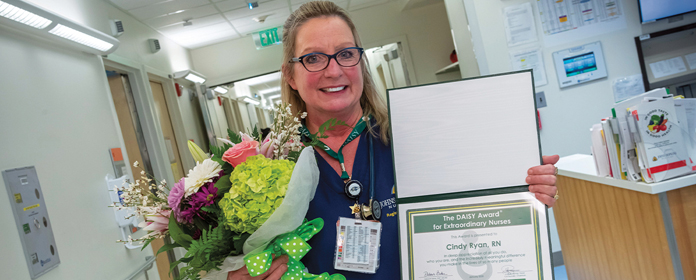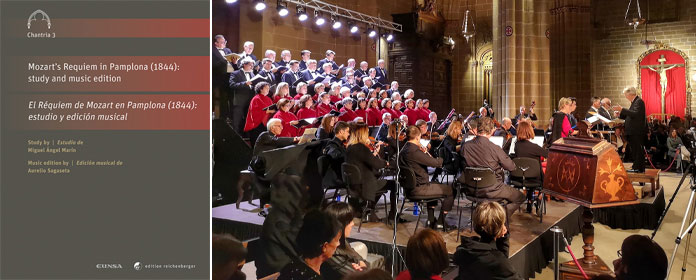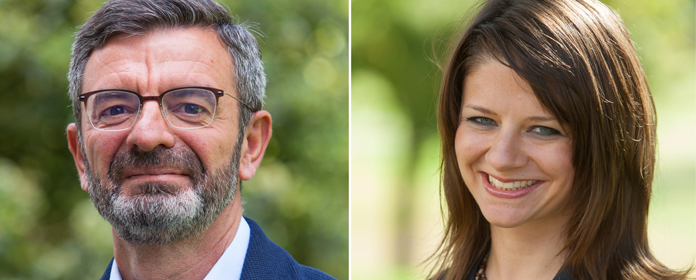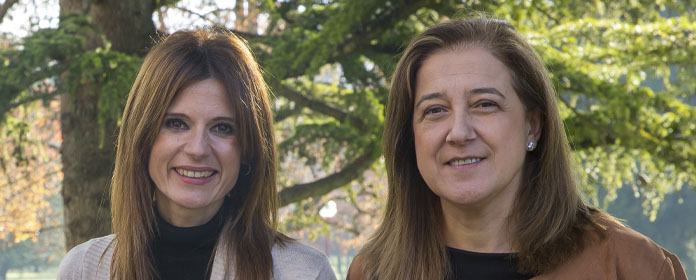Couples therapists meet in Mexico to launch a pioneering project for emotion-focused therapy in Spanish-speaking countries
The project E(f)FECTS is coordinated by Institute for Culture and Society with the support of Brigham Young University (USA).
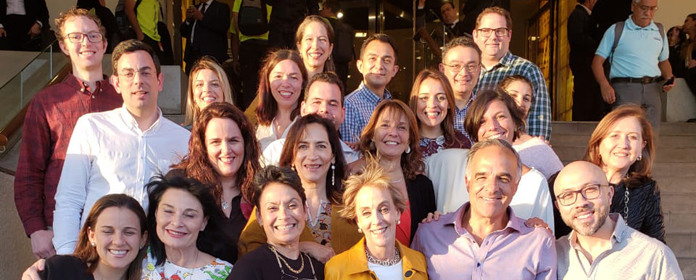
PHOTO: Courtesy
International therapists have gathered in Mexico City to officially launch project E (f)FECTS, the first randomized clinical essay in emotion-focused couple therapy in Spanish speakers. This research is coordinated by the project 'Education ' of the affectivity and human sexuality' of the Institute for Culture and Society (ICS) of the University of Navarra and is supported by Brigham Young University (BYU) in the United States.
In addition to the launch of E(f)FECTS, this meeting provided an opportunity for team building, a common training to refresh the core topic elements of emotion-focused therapy, to present the protocol of research and to discuss the most important challenges of the study.
According to the main researcher of project, Martiño Rodríguez (ICS), the therapists have been able to "share personal feelings and doubts about how to apply the protocol interviews and questionnaires to the couples". At the end of February, the process of recruiting couples for the study will begin in Guatemala and Argentina and, in March, the therapy sessions will start. The rest of the countries involved (Costa Rica, Spain and Mexico) will begin this process in September.
meeting All the therapists who will intervene in the clinical essay (15), as well as part of the supervisors and the team of research. Ten supervisors and 12 professors and researchers from five universities in Spain, Canada and the USA will participate in the study.
Emotion-focused therapyThe project E(f)FECTS focuses on emotion-focused therapy, a couples therapy model developed by Susan Johnson (University of Ottawa, Canada) with extensive empirical support in the United States and Canada. However, there is no research with couples at language in Spain. Johnson assured the E(f)FECTS team during the meeting that she hopes this research willcontribute to the knowledge of the universality of its therapeutic principles.
Throughout the project, the therapists will offer 20 sessions of this therapy to the participating couples. Between 12 and 18 couples per country will be selected. The collected data will be sent to researchers for analysis. The results of the project will be published in scientific journal articles and, in addition, dissemination seminars will be held to make this subject therapy known to other professionals in the field.

